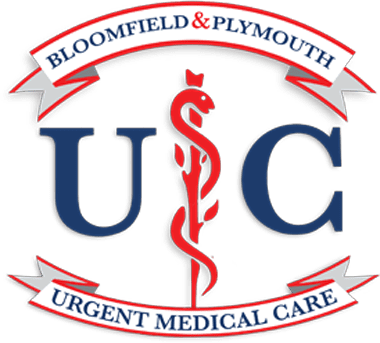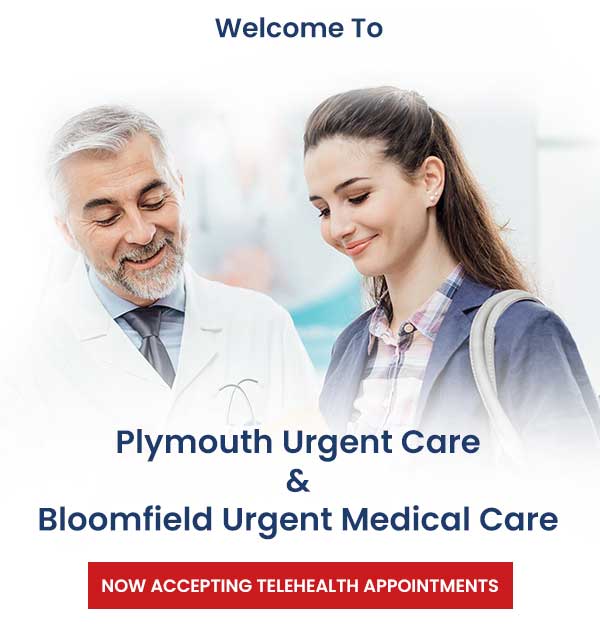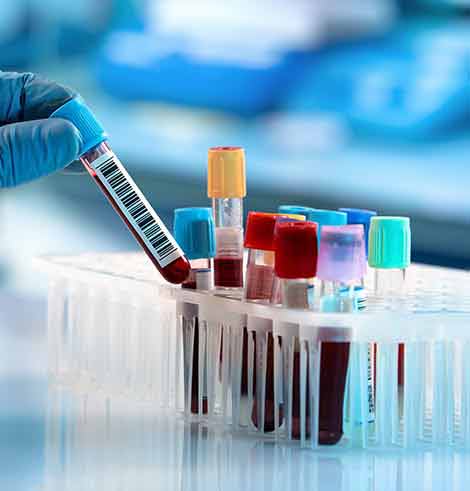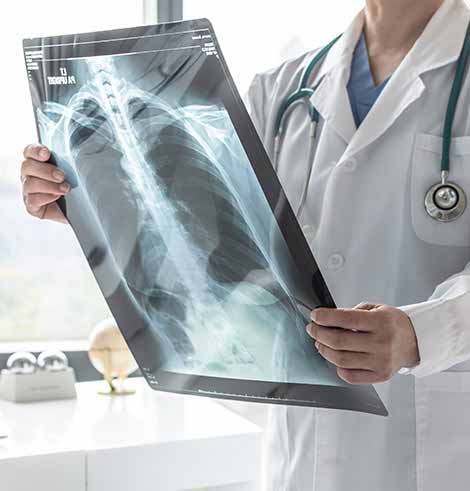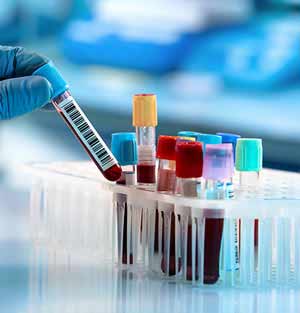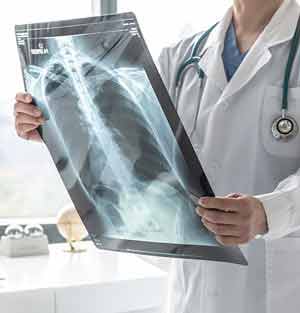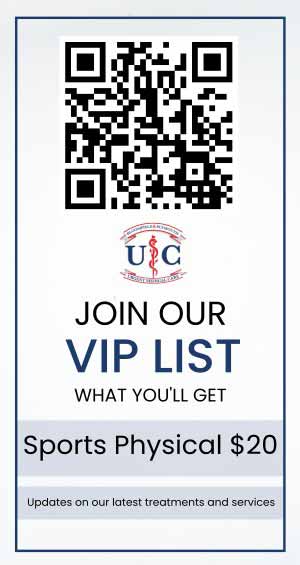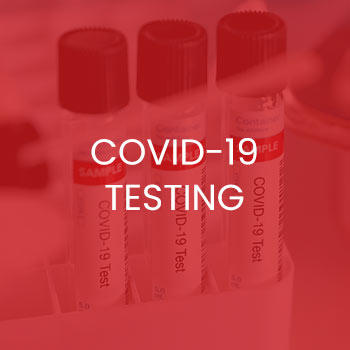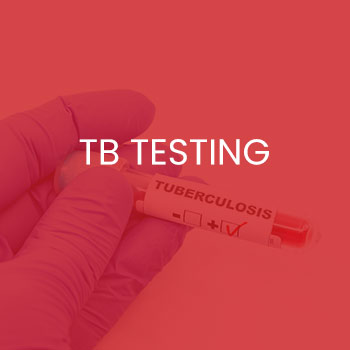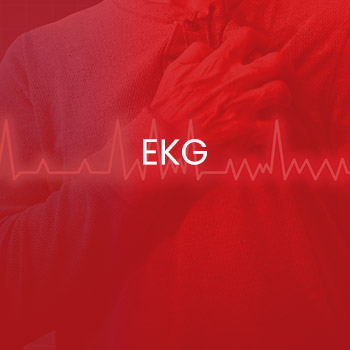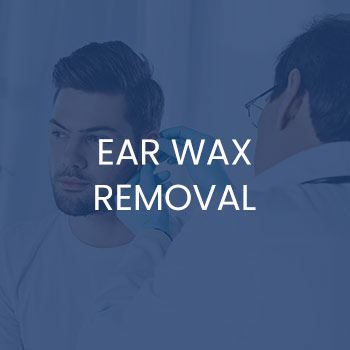
Your Health is Our Urgency
*If you are looking for COVID-19 testing, please call us at 734-254-0700 for Plymouth and 248-333-0333 for Bloomfield Hills location and press option #1 to schedule an appointment.
Welcome To
Plymouth Urgent Care & Bloomfield Urgent Care
Welcome to Plymouth Urgent Care & Bloomfield Urgent Care
At Plymouth Urgent Care & Bloomfield Urgent Care, we offer cost-effective treatment and compassionate medical care for patients of all ages. We offer a wide variety of treatments and services including COVID Testing, Digital X-rays, and many more! Contact us today or schedule an appointment online! We have convenient locations to serve you in Plymouth, MI and Bloomfield Hills, MI. We serve patients from Plymouth MI, Bloomfield Hills MI, Livonia MI, Novi MI, Worden MI, Canton MI, Southfield MI, Troy MI, Farmington Hills MI and BEYOND.
We will be closing early at 5:00 PM on Friday, October 31 in observance of Halloween Day
At Plymouth Urgent Care & Bloomfield Urgent Care, we offer cost-effective treatment and compassionate medical care for patients of all ages. We offer a wide variety of treatments and services including COVID Testing, Digital X-rays, and many more!
Contact us today or schedule an appointment online! We have convenient locations to serve you in Plymouth, MI and Bloomfield Hills, MI. We serve patients from Plymouth MI, Bloomfield Hills MI, Livonia MI, Novi MI, Worden MI, Canton MI, Southfield MI, Troy MI, Farmington Hills MI and BEYOND.

What is urgent care?
Urgent care is a medical clinic or center that provides treatment to individuals for urgent, non-life-threatening illnesses and injuries. They are a convenient alternative to your primary care physician outside of your doctor’s office hours, as well as when you need medical attention and can’t wait the several days it can take to get in to see your doctor. They are also a more cost-effective alternative to emergency rooms. Many patients currently go to the emergency room for illnesses and injuries that can be treated through an urgent care center, keeping the emergency room open for patients in need of life-saving treatment. Doctors in urgent care are general practitioners who can diagnose and treat a vast assortment of illnesses and injuries. Urgent care centers often have additional services on site such as laboratory services or an X-ray lab to allow them to more accurately diagnose the ailments that their patients come in for.

What is urgent care?
Urgent care is a medical clinic or center that provides treatment to individuals for urgent, non-life-threatening illnesses and injuries. They are a convenient alternative to your primary care physician outside of your doctor’s office hours, as well as when you need medical attention and can’t wait the several days it can take to get in to see your doctor. They are also a more cost-effective alternative to emergency rooms. Many patients currently go to the emergency room for illnesses and injuries that can be treated through an urgent care center, keeping the emergency room open for patients in need of life-saving treatment. Doctors in urgent care are general practitioners who can diagnose and treat a vast assortment of illnesses and injuries. Urgent care centers often have additional services on site such as laboratory services or an X-ray lab to allow them to more accurately diagnose the ailments that their patients come in for.

What does urgent care treat?
Urgent care centers can treat most non-life-threatening injuries and illnesses. Through testing, with X-rays and bloodwork as needed, they can diagnose and treat the majority of cases on-site without having to send the patient for additional testing. They can prescribe medications, administer IV medications and monitor patients’ symptoms to help them with diagnosing the cause of concern while keeping the patient as comfortable as possible. Urgent care centers are also able to stitch open wounds and apply casts or splints to broken bones where required. For a full list of services that the urgent care center near you provides, you can check their website. You can also call them if you are unsure if they can treat your symptoms. For life-threatening injuries and illnesses, you will need to go to the nearest emergency room.

What does urgent care treat?
Urgent care centers can treat most non-life-threatening injuries and illnesses. Through testing, with X-rays and bloodwork as needed, they can diagnose and treat the majority of cases on-site without having to send the patient for additional testing. They can prescribe medications, administer IV medications and monitor patients’ symptoms to help them with diagnosing the cause of concern while keeping the patient as comfortable as possible. Urgent care centers are also able to stitch open wounds and apply casts or splints to broken bones where required. For a full list of services that the urgent care center near you provides, you can check their website. You can also call them if you are unsure if they can treat your symptoms. For life-threatening injuries and illnesses, you will need to go to the nearest emergency room.
When should I visit urgent care?
You should visit urgent care when you have a medical concern that you would typically visit your primary care physician for, but either can’t get in to see your doctor in a reasonable time or it is after their standard office hours. As long as your issue isn’t life-threatening, urgent care would be your best alternative option to your primary doctor. You should visit urgent care if you have minor injuries including sprains or shallow cuts, vomiting, ear pain, painful urination, sore throat, fever with symptoms of a cold or flu, or any symptom that is not life-threatening. Urgent care is also available for medical concerns that require treatment within 24 hours but aren’t serious enough for a visit to the emergency room. I In almost all cases, urgent care will be able to provide the necessary care and treatment, without the cost of an emergency room visit.


When should I visit urgent care?
You should visit urgent care when you have a medical concern that you would typically visit your primary care physician for, but either can’t get in to see your doctor in a reasonable time or it is after their standard office hours. As long as your issue isn’t life-threatening, urgent care would be your best alternative option to your primary doctor. You should visit urgent care if you have minor injuries including sprains or shallow cuts, vomiting, ear pain, painful urination, sore throat, fever with symptoms of a cold or flu, or any symptom that is not life-threatening. Urgent care is also available for medical concerns that require treatment within 24 hours but aren’t serious enough for a visit to the emergency room. I In almost all cases, urgent care will be able to provide the necessary care and treatment, without the cost of an emergency room visit.

NEED INFORMATION?
FAQS & RESOURCES

SCHEDULE AN APPOINTMENT
We will call you to confirm your appointment

NEED INFORMATION?
FAQS & RESOURCES

SCHEDULE AN APPOINTMENT
We will call you to confirm your appointment

What qualifies as urgent care?
It can be unclear when you should visit your primary doctor or an urgent care center, or when you should visit the emergency room. Conditions that require a visit to an urgent care center are not emergencies but will require medical care within 24 hours, therefore can’t wait until you can get to your primary doctor. This can include injuries from a fall or accident, cuts that might need stitches but aren’t losing much blood, minor fractures and broken bones, severe cough or sore throat, fever or flu, strains and sprains, diarrhea, vomiting or dehydration, and several other symptoms. If you are unsure what your nearest urgent care facility can treat, check their website or call ahead to ensure they can properly diagnose and treat you. If you have a life-threatening illness or injury, you will need to get to the closest emergency room for treatment. Urgent care centers do have the ability to transfer you to an emergency room for treatment if needed but this will prolong your care. Although we are not open 24 hours a day but open 7 days a week with extended hours.

What qualifies as urgent care?
It can be unclear when you should visit your primary doctor or an urgent care center, or when you should visit the emergency room. Conditions that require a visit to an urgent care center are not emergencies but will require medical care within 24 hours, therefore can’t wait until you can get to your primary doctor. This can include injuries from a fall or accident, cuts that might need stitches but aren’t losing much blood, minor fractures and broken bones, severe cough or sore throat, fever or flu, strains and sprains, diarrhea, vomiting or dehydration, and several other symptoms. If you are unsure what your nearest urgent care facility can treat, check their website or call ahead to ensure they can properly diagnose and treat you. If you have a life-threatening illness or injury, you will need to get to the closest emergency room for treatment. Urgent care centers do have the ability to transfer you to an emergency room for treatment if needed but this will prolong your care. Although we are not open 24 hours a day but open 7 days a week with extended hours.
OUR LOCATIONS
OUR LOCATIONS
OTHER SERVICES
PATIENT REVIEWS AND FEEDBACK
PATIENT REVIEWS AND FEEDBACK

We have never had a bad experience at this urgent care. I took my son there last week and again this week, being treated for pneumonia, and the doctor is awesome! They also call to follow up on his condition. Great facility
Michelle G.

Plymouth Urgent Care is a great place, nice and clean. Friendly and professional staff (medical assistants) and all the doctors are great, I have never had a bad experience at Plymouth Urgent Care. I do recommend them highly. Thank you for all you do ladies and gents, i appreciate you all
Julia A.

Dr. was very thorough very compassionate and looked at my children as a whole even though they came in for a simple cough he did his thorough work up to make sure we were getting the best care possible. He also turned it into a learning experience for my children and I to understand what exactly was going on by showing us pictures of what Normal and abnormal looks like.
Nikki E.
